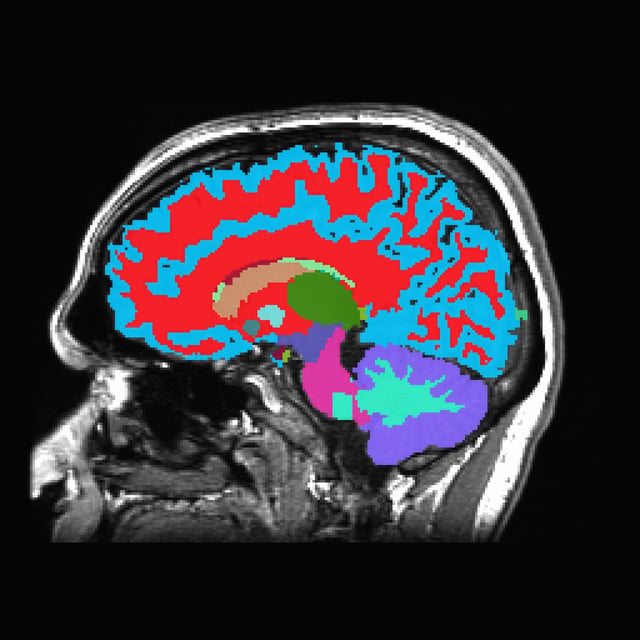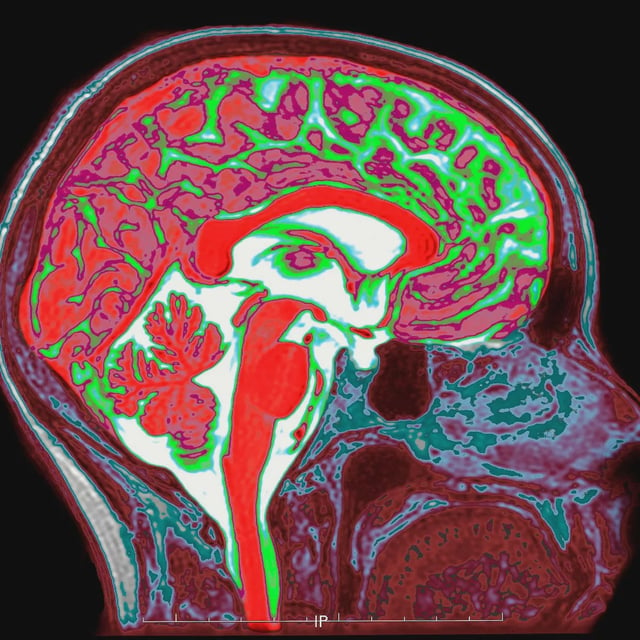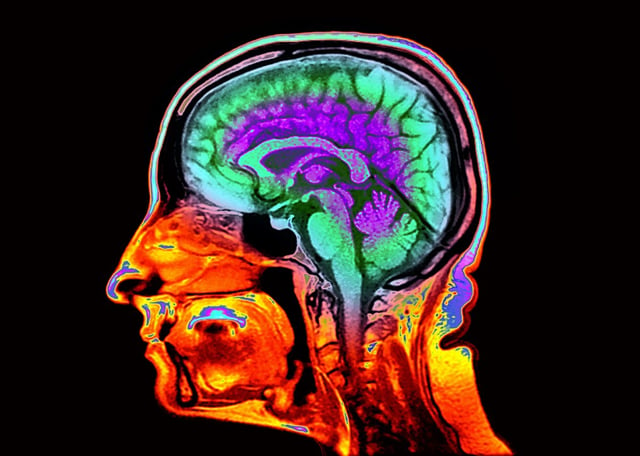Overview
- Researchers trained DunedinPACNI on structural MRI scans taken at age 45 from 860 Dunedin Study participants using their multi-system Pace of Aging scores as benchmarks.
- Validation on more than 50,000 additional scans from cohorts in the United States, United Kingdom, Canada and Latin America confirmed consistent predictive performance across diverse populations.
- Individuals classified as fast agers faced a 60% higher likelihood of developing dementia, an 18% greater chance of chronic disease and a 40% higher risk of death in subsequent years.
- Key imaging biomarkers—cortical thickness, grey matter volume and hippocampal atrophy—underpin the algorithm’s ability to quantify biological brain aging.
- Published on July 1 in Nature Aging and released on GitHub, DunedinPACNI is poised for expanded validation, refined imaging protocols and integration as a surrogate endpoint in clinical trials.



